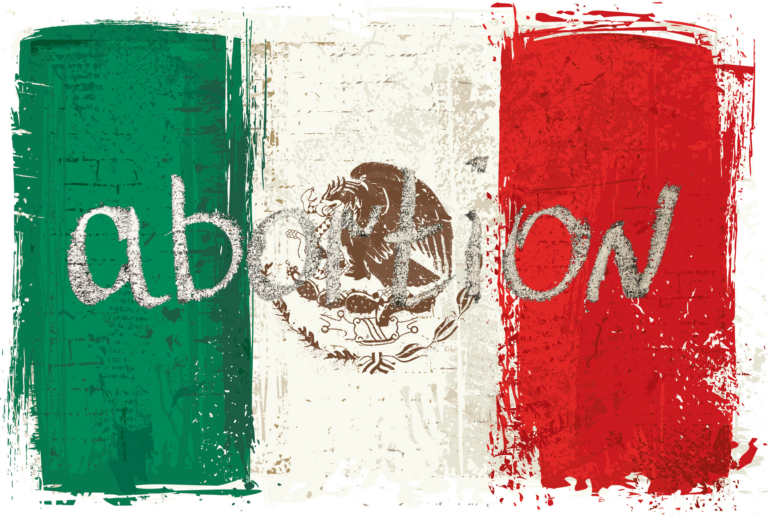A dozen years ago, one of the greatest moral theologians of our age, Germain Grisez, penned a blistering article about Catholic Relief Services called “The Church Betrayed?” following evidence of the charity’s complicity in the promotion of contraception. He concluded that the problems at CRS ran so deep that an outside agency needed to be brought in to help with a thorough housecleaning. He wrote:
To ensure an adequate investigation and for credibility’s sake, the board will need to employ one or more appropriate, competent, independent agencies, as the National Review Board used the John Jay College of Criminal Justice to conduct studies bearing on clerical sexual wrongdoing.
This was, to say the least, a rather remarkable recommendation. The clerical sex abuse scandal was the greatest scandal in the history of the American Church. Obviously, Grisez’s review of CRS’s programs in the light of the Church’s teaching had convinced him that he was dealing with something of equal gravity.
His article focused on evidence – from CRS itself – that the overseas aid and development agency was requiring its foreign partners to give “complete and accurate” information on condoms in all HIV/AIDS programs and that the agency was cutting funding to partners who refused to comply. Moreover, CRS specified that “Any written educational material that contains information about condoms must not carry the CRS name or logo” (emphasis in original). This led Grisez to write, “I do not see how CRS policymakers can reconcile their need to distance the Church from such material with their responsibility to carry on a charitable apostolate in the Church’s name.”
The independent investigation recommended by Grisez was never carried out. Instead, senior CRS staff scrubbed the evidence he had cited from their website – try clicking on, for example, https://crs.org/zambia/aidsreliefvideo/. The CRS board of directors, instead of hiring an outside agency, turned to an insider, one of its own former board members, Carolyn Woo, to address the criticism.
The solution that CRS came up with, however, has arguably left the Catholic aid agency more compromised than ever. In broad strokes, what the organization has attempted to do is “carve out” its portion of USAID funding by doing only the parts that do not conflict with the Church’s teaching.
In the case of USAID funding through PEPFAR – the President’s Emergency Plan for AIDS Reduction – this means that CRS will do things like encourage the members of a targeted group, say young girls, to continue their education and to be financially responsible, while ignoring the morally reprehensible elements of all such programs, which are primarily geared towards promoting and distributing condoms and long-acting contraceptives among the targeted group.
How this works in practice is illustrated by CRS’ involvement in the DREAMS project in Zimbabwe from 2018-2022 which was targeted at “vulnerable” girls and young women from 10 to 24 years of age.
One of the prime goals of DREAMS was “Increasing Contraceptive Method Mix”, that is, encouraging the use of both condoms and long-acting abortifacient contraceptives (IUDs, contraceptive implants, Depo-Provera) among this “vulnerable population.”
As the lead “implementer” of DREAMS through what was called “Pathways,” CRS was responsible for enlisting girls into the program and for referring them to other “implementing partners,” and for the overall success of the project.
Under CRS’ “carve out” arrangement with USAID/PEPFAR, it was CRS’ implementing partners, not CRS itself, who were responsible for fulfilling the project requirements to promote and provide condoms and contraceptives to the girls.
But this does not mean that CRS was not complicit in the other parts of the project. For it was CRS itself that was referring girls to them, as CRS’ own chief of party in Zimbabwe confirmed, indicating that such referrals were done with CRS’ direct knowledge and consent. A video conference on Pathways held by CRS also confirmed this practice.
So who were CRS’ Pathways partners in Zimbabwe?
CRS’ Pathways partners – Caritas Zimbabwe, JP Kapnek, Musasa, Salvation Army, and Africaid – all promote condoms and contraception. One partner, Africaid, has admitted that not only did CRS give them access to 6th-grade children where they handed out condoms, but also that CRS knew about the condoms and did not object. Another partner, Childline Zimbabwe, in addition to promoting and providing contraception, also refers girls for abortion.
CRS’s Pathways project also directly – not through other partners – collaborated with public outreach campaigns, such as one called “Stop the Bus,” that were explicitly designed to spread condoms.
Moral theologians I have discussed this with believe these actions on the part of CRS to be both formal and material cooperation with evil.
Professor Germain Grisez’s own recommendations for reform went right to the heart of the matter. After calling for a formal investigation, he wrote:
Any [outside] agency employed [by the CRS board] should be given access, within the limits of canon and civil law, to CRS records, publications and unpublished materials, employees, and partners.
In my judgment, the investigation should not be limited to the promotion of condoms, but should extend to CRS practices and activities in general. It should look for deviations from civil law, canon law, relevant policies of the USCCB, and good business practices with respect to abuse of resources and other matters. If wrongdoing is found, the inquiry should try to determine which executives or other employees are responsible.
When the inquiry is completed, the results should be published, and the board should see to it that future CRS operations be transparent. In fact, regardless of what an inquiry turns up, it seems clear that CRS officials have not been fully open and above-board about what the agency is doing. That lack of accountability must end.
If the appearances of betrayal with respect to condoms are verified or other serious wrongdoing is found, those responsible should be fired and replaced by capable people with a good understanding of Catholic charitable apostolate and a firm commitment to act as faithful agents of the Church.
Grisez’ sound recommendations, however, were never acted upon. No competent outside agency was ever hired, and no comprehensive outside review of CRS’ practices and activities was ever conducted.
It is long past time that such an investigation be carried out.
Until and unless it is, faithful Catholics and concerned bishops should direct their charitable contributions to Catholic aid groups that have not betrayed the truth.
******
This article was originally published on LifeSite News on March 7th, 2024.











